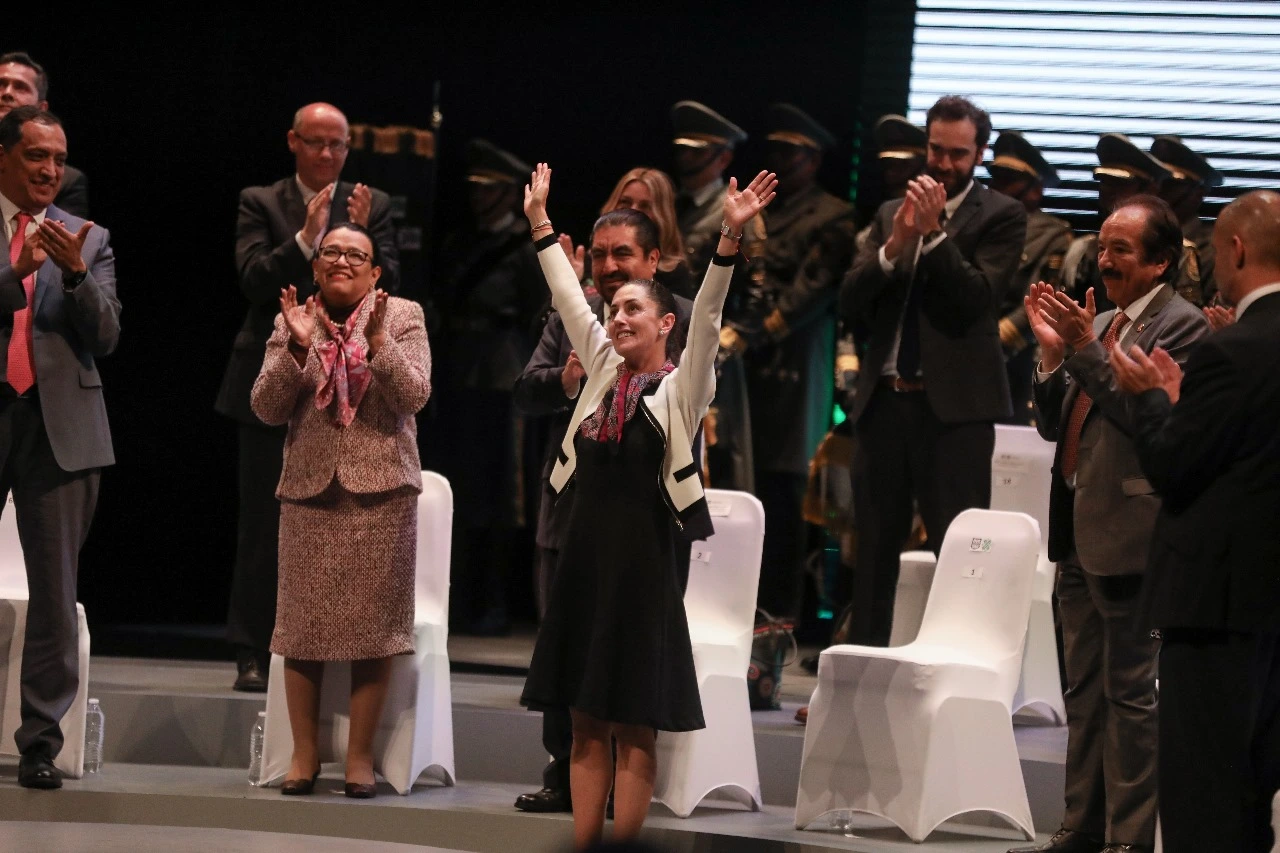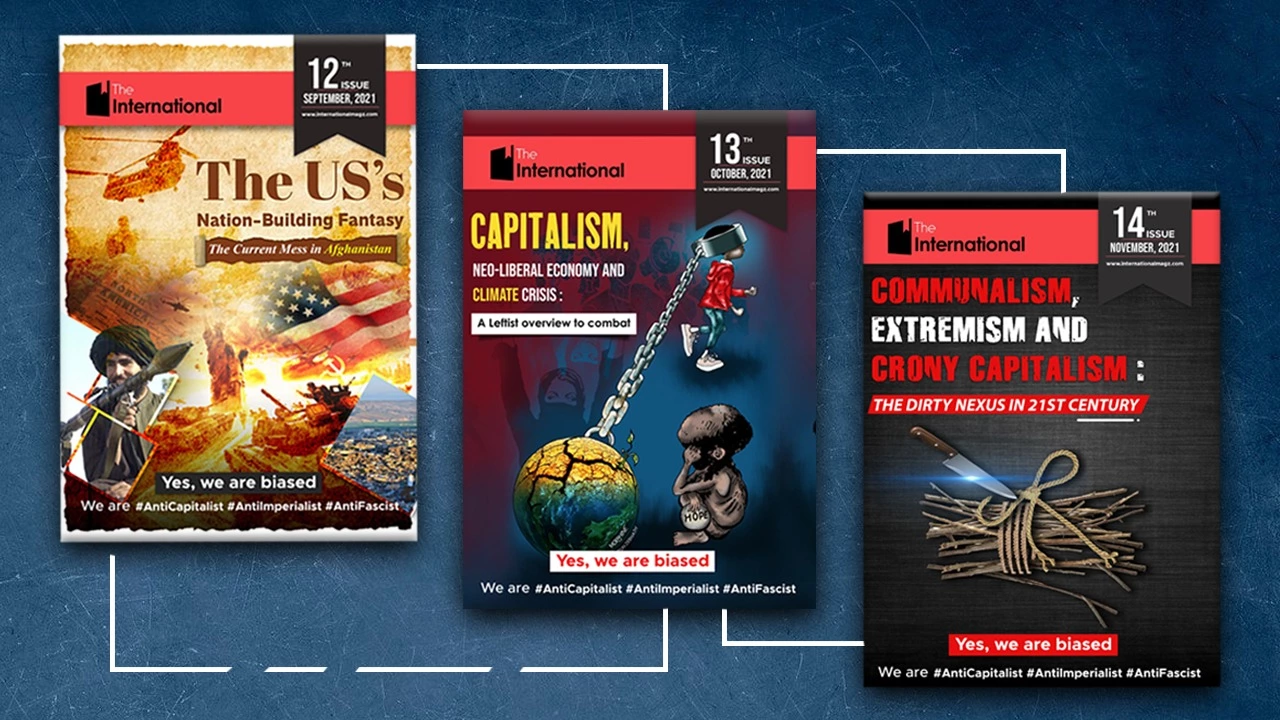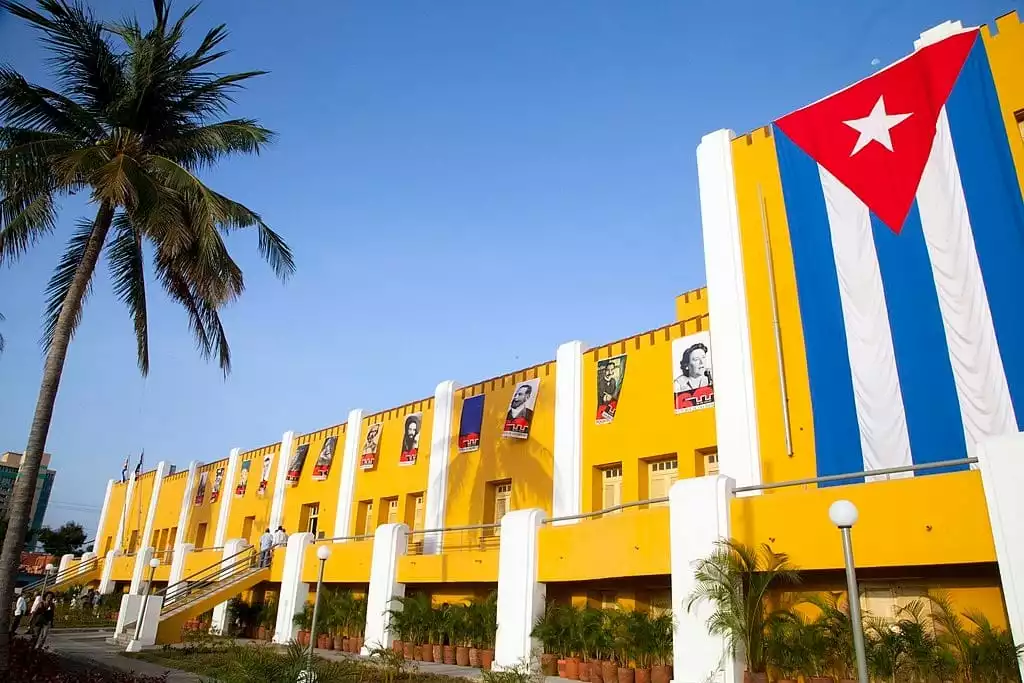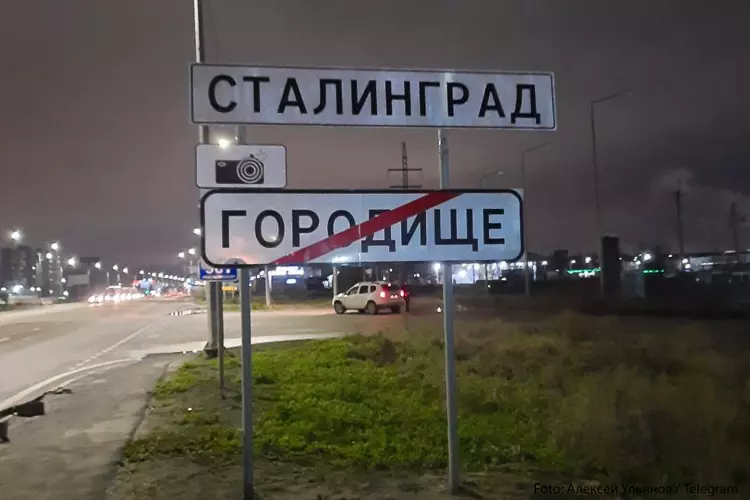Mexico is a country famous for its revolutionary insurrections. Since the historical period when they were first colonized by the Spanish monarchy of Charles V, the Mexican people have been subjugated to a form of colonialism. The first actual insurrection began with a Criollo leader by the name of Pedro de la Portilla. Portilla was an 18th-century Criollo rebel who was born in what was then called “New Spain”, now in modern history known as Mexico. Although, Portilla was a courageous leader of the Conspiracy of the Machetes (Spanish: la conspiración de los machetes), it was a bloody, brief and unsuccessful rebellion in 1799. Although the laboring Mexican indigenous peoples’ conspiracy posed no threat to Spanish rule, it did nevertheless give notice to the Spanish rulers that heat of rebellion was in the air. Eleven years later the Grito de Dolores, the Mexican War of Independence (1810–1821) occurred, and became a ferocious war between the people of Mexico and the Spanish colonial government. The insurrection began on the 16th of September in 1810. Thousands of Mexican-born Spaniards (criollo people), Mestizos and Amerindians would give their lives amid the slaughter of both insurrectionist troops and the Spanish colonial armies in their war for independence from Spain.
But the specter of revolt did not end with the defeat of the Spanish by the various indigenous people who would later become known as the Mexican people, for they would eventually find themselves in conflict and in rebellion again. What would become known in Latin American history as the second French intervention in Mexico (Spanish: segunda intervención francesa en México), also known as the Second Franco-Mexican War (1861–1867), would occur as a military invasion of the Republic of Mexico by the French Empire of Napoleon III, purportedly to force the collection of Mexican debts in conjunction with the empires of Great Britain and Spain. Mexican conservatives, the upper classes within the cities as well as the large landowners in Mexico would support the invasion, since they had been defeated by the liberal government of Benito Juárez, a leader of Mexican Indigenous descent. In what would be a three-year civil war, the Mexican elite were defeated on the battlefield, and fearful of the Jacobin Mexican government, the deeply reactionary conservatives sought the aid of imperial France to effect a regime change and thus establish a pseudo-imperial monarchy in Mexico, a plan that was in alignment with Napoleon III's self-absorbed and insidious plans to re-establish the presence of the French Empire in the Americas. Although the French invasion displaced Juárez's Republican government from the Mexican capital and the monarchy of Archduke Maximilian was illegally established with the support of various Mexican classes that pandered to European class and culture values, all of these European intrigues ultimately came to nothing as the Second Mexican Empire collapsed within a few years. However, the aid of the Lincoln Administration during the American Civil War played a major role in sealing the fate of Maximilian. The author Michael Hogan wrote in his book, Abraham Lincoln and Mexico, A History of Courage, Intrigue and Unlikely Friendships:
Fourteen years later, in 1861, shortly after his surprise election to the presidency as a compromise candidate, Lincoln welcomed Matías Romero, the Mexican ambassador to his home in Springfield, Illinois. The 24-year-old Romero was the first foreign ambassador that Lincoln met and entertained. They became friends. When France invaded Mexico in 1863 and imposed the Archduke Maximilian on the throne, Lincoln covertly provided assistance to the exiled republican government of Benito Juárez. It was done secretly because Lincoln was afraid that if the French found out, they might join forces with the Confederacy and defeat the Union. He and Mrs. Lincoln introduced the young Romero (now an asylum seeker with no official status) to prominent bankers and investors so that he was able to raise over $18 million to arm and supply the Republican army and defeat the French.
When one makes an analytical observation of the politician, Claudia Sheinbaum, the first woman elected to the presidency of Mexico, her presidency which has not yet even begun must be measured against these two historical periods in Mexican history. A woman of Jewish heritage, she is also profoundly a part of Eastern European heritage as well. President-elect, Claudia Sheinbaum’s father, Carlos Sheinbaum, was a member of the Ashkenazi Jewish community whose origins are from Lithuania, arrived in Mexico and his family settled as emigres in Mexico in the 1920s. What is interesting is about Miss Sheinbaum’s father is that he was a jewelry merchant and active in the Mexican Communist Party, and therefore a man of class contradictions. Although Sheinbaum family class origins are bourgeois, there was a commitment to the Mexican proletariat. Claudia Sheinbaum’s mother, Annie Pardo, comes from a family of assimilated Bulgarian Sephardic Jews who arrived in Mexico in 1942. Anne Pardo became the first Sephardic woman in the Mexican academic establishment, and her daughter would also become an academic. Another fact to note was the political militancy of her father and mother, as they both participated in student and labor movements. Thus, a family pedigree emerges that gives some indication of Claudia Sheinbaum’s political orientation, but not necessarily actual political deeds in what the Americans deem “in the flesh and blood”. In the realm of realpolitik, will Claudia Sheinbaum’s political actions translate as something that is not just political theory on her part, but actual economic and social change that benefits the Mexican working people, including the students and intellectuals who through the decades of Mexican rebellion have desired a more socialistic way of life or as one might define it, a Mexico imbued with Social Democracy?
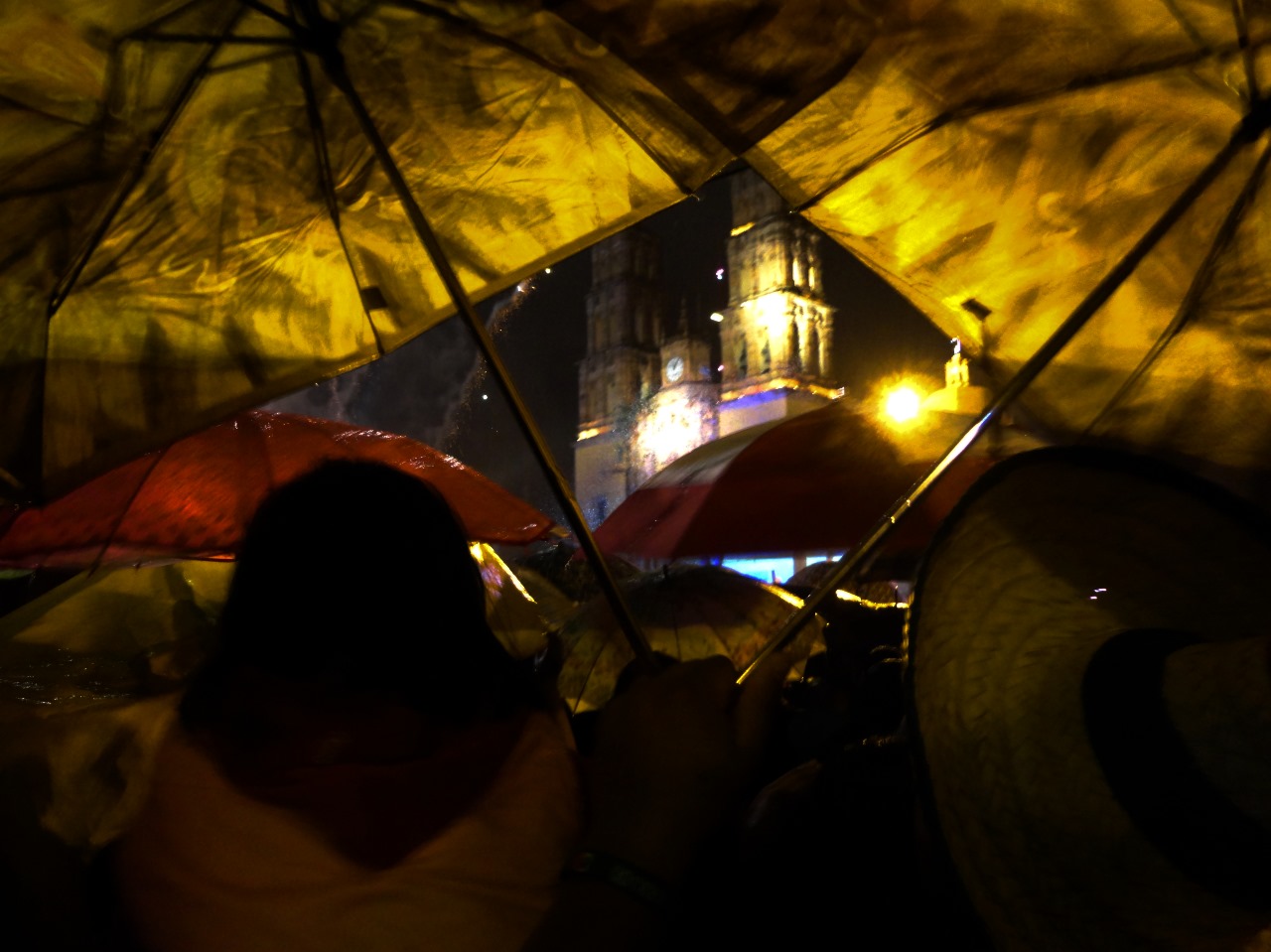
As two reporters for the news outlet Reuters reported about the less romantic presidential election of Claudia Sheinbaum and its implications:
Sheinbaum has a complicated path ahead. She must balance promises to increase popular welfare policies while inheriting a hefty budget deficit and low economic growth.
After preliminary results were announced, she told supporters her government would be fiscally responsible and respect the autonomy of the central bank. She has vowed to improve security but has given few details and the election, the most violent in Mexico's modern history with 38 candidates murdered, has reinforced massive security problems. Many analysts say organized crime groups expanded and deepened their influence during Lopez Obrador's term.
Claudia Sheinbaum’s ambition is to fortify a welfare state in Mexico, and therefore she is a reformist within the Left-Wing establishment of North America, not just within the confines of Mexico. The President-elect is not a communist, although she may have dabbled in or seriously read the Marxist classics. What is a factual part of her politics is that she is part of a Left Mexican populist movement. Therefore, for those Communists in Mexico or outside Mexican borders, there are no illusions about her being a revolutionary. In a more conventional analysis for the reading public concerning the political acumen of Claudia Sheinbaum and her actual political motives and aspirations, a reporter for Reuters wrote the following observation:
At the height of the COVID-19 pandemic, Mexico City's then-Mayor Claudia Sheinbaum made a point of always donning a face mask and firmly recommending others also do so as the virus devastated Mexico. By contrast, her political patron President Andres Manuel Lopez Obrador refused to wear a mask, even after he fell ill, in line with his government's guidelines that did not mandate mask use. Mexico suffered the fifth-worst COVID-19 death toll in the world. That difference between the president and Sheinbaum, the firm favorite to win the Mexican presidential elections on June 2, was seen by some as a point of tension and a small act of rebellion against her mentor, who cannot run for re-election by law. Sheinbaum denied it, saying the two were part of the same "project" to transform the country. But people close to Sheinbaum cite this anecdote as an example of how the former scientist will not govern as a "puppet" of Lopez Obrador, as her political opponents claim. Instead, they say, she will veer away on key issue such as the environment and energy, security and even corruption, while maintaining the president's principally state-led economic vision and key welfare programs. "They have a collaborative relationship, it is not one of submission," said one member of Sheinbaum's team, who spoke on condition of anonymity.
The reporter conveys the idea that Claudia Sheinbaum will not be “a puppet” for the charismatic, populist leader, Lopez Obrador. But will that be the case in reality? Their class backgrounds are very different as Obrador was born in Tepetitán, a small village in the municipality of Macuspana, in the southern state of Tabasco. His early life and youth were that of a provincial who worked in his teen years in a clothing store managed by his parents. Unlike Sheinbaum, he developed pragmatic skills in order to survive, whereas Sheinbaum came from a fairly prosperous middle-class family which actually mirrors her more nuanced political agenda. Although both lay claim to progressive left of center and moderate left politics as has been ascribed to Sheinbaum, we learn something else about the newly elected president of Mexico here:
"It's very unfair that they say she will be a puppet because in the five years of governing Mexico City she did totally different things to the president," he added, citing investments in electric bus and train routes and the installation of solar panels. Sheinbaum has run a cautious campaign, careful not to criticize Lopez Obrador, an outsized, polarizing figure who is both her mentor and the source of much of her electoral support. A lack of detail around her government plans has also served her well with Mexico's middle class and business community who have tended to project onto her hopes for a more moderate and pragmatic leader.
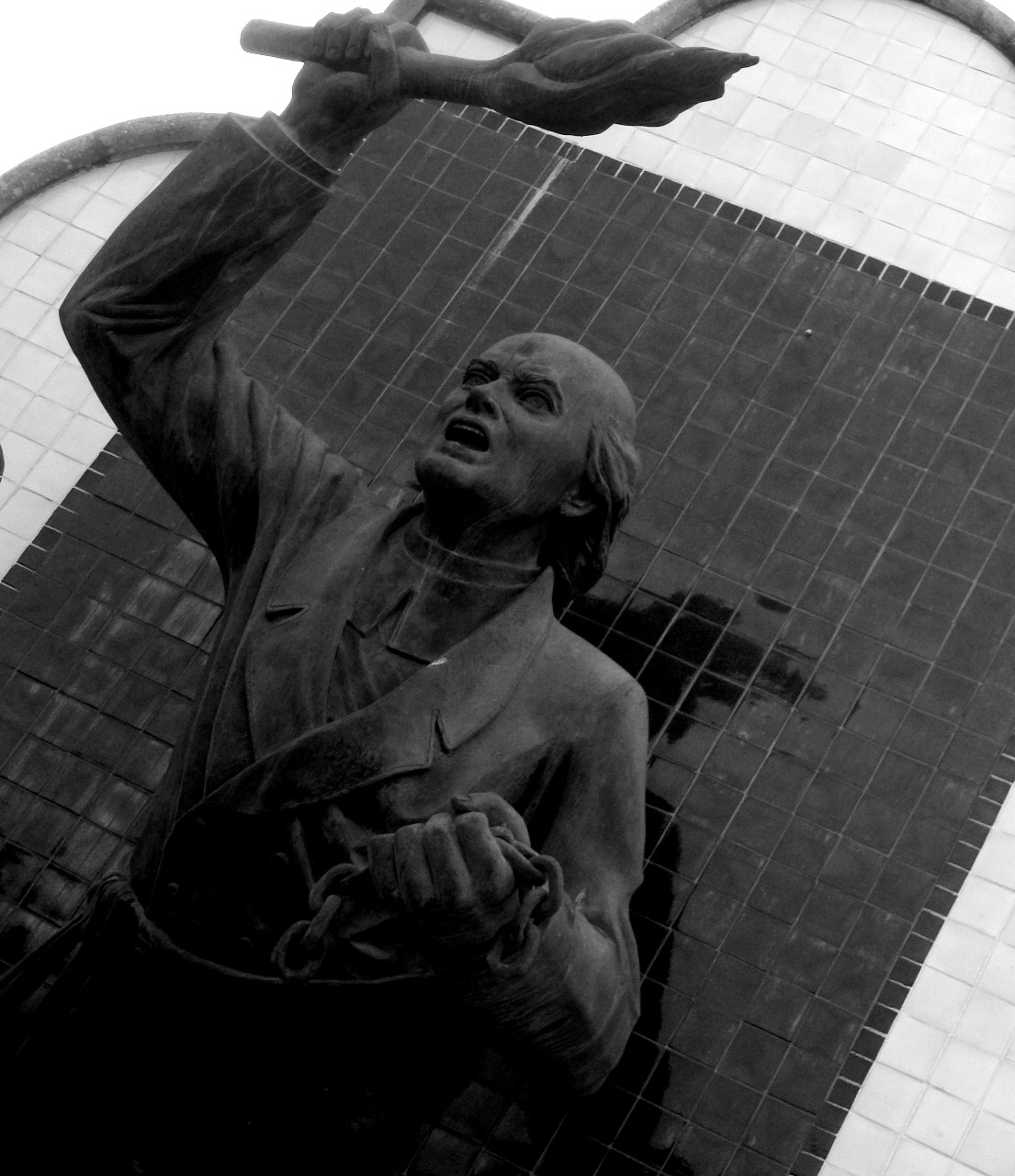
There is also the darker issue of the killing of Mexican women due to the femicide that is rampant in Mexico. In a commentary written-up by United Nations Human Rights Office Of The High Commissioner there was this grim factual analysis:
In Mexico, some 10 women and girls are killed every day by intimate partners or other family members, according to government data. The crimes have sparked several waves of protests and put gender violence at the top of Mexico’s political agenda. But those who survive gender-based violence are often left without protection or justice, said Mexican journalist Gloria Piña.

If one looks closely at what President Obrador and the president-elect Sheinbaum have achieved regarding the safety of Mexican women, their record has a lot to be desired. The actual help and security for the women of Mexico is insufficient and wanting in terms of justice for those who have been murdered or emotional scared by such random violence. It is not only the violence toward Mexican women that is barely mentioned in the American press, but the Mexican media and the state also look the other way in regard to violence against Mexican women, disappearances, and femicides. One may ask how much attention the incoming president has given to the issue of violence against women and femicide. One American media outlet wrote the following comment on this issue:
During her campaign, Sheinbaum said she would replicate measures against gender-based violence that were implemented when she was mayor of the capital. They include the creation of an anti-femicide prosecutor’s office and legislation that would force offenders to leave their homes. “We transform, we are warriors who open paths for other women,” Sheinbaum said. In spite of this, Sheinbaum has been criticized by feminists and activists arguing that her government lacked gender-related policies. Excessive use of force against women during demonstrations has been flagged as well.
Among the Mexican politicians, the poverty of Mexican workers is barely mentioned or mentioned specifically for their own political agendas. According to a database compiled by the World Bank.org a few years ago, the following statics were revealed:
Poverty and inequality are persistent in Mexico. In 2020, the poverty rate was 43.9 (official multidimensional poverty measure) and 52.8 (monetary component). Progress toward poverty reduction has been limited and recently reversed due to recent crises. Multiple social deprivations worsened, including deprivations in access to education, health services, and food security. Southern states and rural areas display higher social deprivations with Chiapas and Guerrero having the highest poverty rates in 2020 at 66.4 and 75.5 percent, respectively. Between 2016 and 2020, the average income for the bottom 40 percent grew only by 0.7 percent and so did the median income (0.68 percent). Income inequality remained high at 45.4 Gini points in 2020 but went down since 2016.
As one can note from the above indicator, the poverty in Mexico, the economic and social deprivations among the Mexican people reveals the inequality between the Mexican workers and Mexican poor and the middle and upper middle classes, not excluding the very wealthy Mexicans as well. According to another base information center on Mexican poverty, there has been some small incremental changes under the Obrador regime:
“The working poverty rate in Mexico, which refers to the percentage of the population with labor income below the cost of the food basket, fell to 37.7 percent in the first quarter of 2023. The share of the Mexican population at working poverty peaked in the third quarter of 2020, at 46 percent”. However somber the assessment of the Mexican workers’ plight, is Sheinbaum capable of creating a more vibrant economy for the Mexican workers under a capitalist system that every year in Mexico dehumanizes the Mexican people? There is also the military and drug-cartel factions who are political powers in their own right which again begs the question: can the new president-elect have enough political support and personal courage to confront such powerful adversaries?
Therefore, what was left out of all of this seemingly sound analysis by both Mexican and American media reportage is the glossing over of the actual issues of the Mexican people, concentrating instead on the dramatic and glamourous election results. There is little mention of the ordinary Mexican citizen, the workers and rural workers of Mexico whose lives have been affected by a fluctuating economy since the years after the Mexican Revolution of 1910. When Francisco Madero ran against sitting dictator Porfirio Diaz in the 1910 election, Diaz, not happy with the presidential results, imprisoned Madero and declared himself the winner. Then began the harsh revolution that killed thousands of Mexican guerrilla fighters, the peasant armies of Emiliano Zapata and Pancho Villa and Federal troops, including the deaths of thousands of Mexican civilians. It was only during the presidency of Lázaro Cárdenas, who was the president of Mexico (1934–40), that the Mexican people had a leader who attempted to follow through with the social and economic reforms as dictated by the ideals of the Mexican Revolution. The decades that followed were years that the Institutional Revolutionary Party (PRI) dominated the political spheres of Mexican politics. The PRI’s promises for the Mexican workers were not kept. There is, however, beneath the volcano of Mexican political struggles, a smoldering lava of potential war against the Mexican establishment regardless of its left or right tendencies. We should not forget the Chiapas conflict (Spanish: Conflicto de Chiapas) which consisted of the 1994 Zapatista uprising. It was the profound uprising of the Zapatista revolt, and the subsequent tension between the Mexican state, the indigenous peoples, and subsistence farmers of Chiapas from the 1990s to the 2010s that is still alive in terms of class struggle in Mexico and the class hatred that goes along with it. It is with the rural Mexican farmer, the campesinos and the urban Mexican workers who still live, in most cases, at poverty level that another Mexico exists, a Mexico of dire poverty, and which is rarely mentioned by the Mexican or the United States press. It is my perception that Mexico is the Vietnam of North America where in the ensuing years there will be uprisings both in the rural areas of Mexico and in the cities of Mexico as well. As North Vietnam had its French colonizers and then American invaders to combat and destroy in the mountains and rice fields of Vietnam, a similar history will take place in Mexico.
Since the years of the 1960’s and the Cold War between the Soviet Union and the United States, along with their allies, the Cuban revolution and the Vietnam War served as a catalyst for various armed Mexican revolutionary groups such as the Party of the Poor (PDLP) and the Revolutionary Army of the Insurgent People (EPRI). After this many revolutionary armed groups would flower in Mexico. However, much of the leadership had utopian ideals and were not professionally grounded in creating a revolutionary theory for the people of Mexico. They were not trained properly for protracted guerrilla warfare that eventually became a small standing revolutionary army, but one that had no strategic understanding of war. Tragically, these young Mexican proletarian fighters were destroyed. However, such peasant and urban guerrilla groups did not give their lives in vain as this was part of the dialectical process of revolutionary warfare. Yet, as the historian, Alexander Aviña wrote in his historical work, Specters of Revolution: Peasant Guerrillas in The Cold War Mexican Countryside:
There can be no end to the story with hundreds of disappeared Mexicans and their surviving families suspended in a vacuum characterized by government silence, impunity, and injustice. There can be no end to the story while the factors that prompted the emergence of two peasant guerrilla organizations in Guerrero decades ago—political authoritarianism, inequitable capitalist development, and state terror—continue to exist.
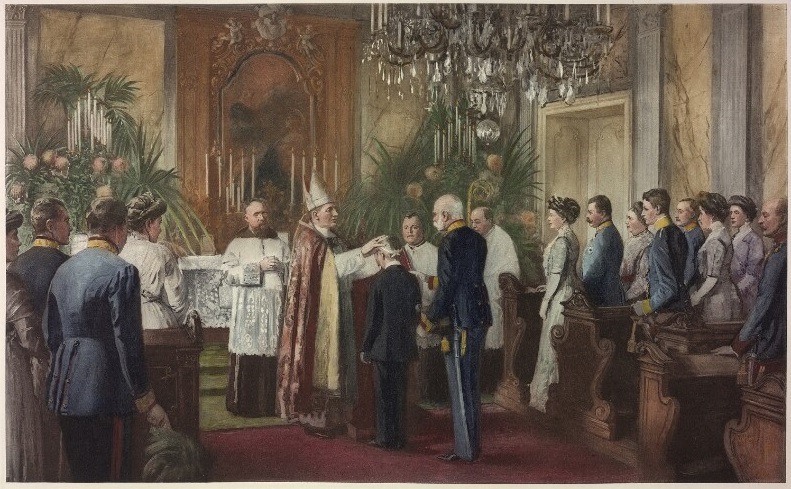
Although, the historian Aviña gives us a poignant and profound analysis
of the ongoing revolutionary struggle in Mexico, but he, perhaps, fails to understand that class struggle for Mexicans does not end at the borders of Mexico. Class struggle also exists for Mexican Americans who are a part of the great diaspora that transpired due to the annexation of Mexican territory that is now known as Texas, New Mexico, Arizonia, and areas of California. The Mexican boundaries are a judicial and political issue that has not been addressed seriously since the Mexican-American War between the United States and Mexico (April 1846–February 1848), and which brings about the political urgency to redefine what is actually Mexico. The history of human migration reaches back to pre-civilization. Latin peoples have lived since time immemorial in the Americas. It was the expansionism by Spanish, French, British and Dutch nation-states which drove the native indigenous peoples into an endless diaspora that is revealed in this historical period from Mexico down to Central America and regions of South America. This is also part of the overall migrant question as thousands of Mexicans, Central and South Americans, who with reckless abandonment, cross the Mexican borders in order to reach the deserts of the United States, and walk beyond to American cities, desperate and thinking that they will finally find a way to survive. They seek a way to have bread, land and social equality. But what is the cause of the whole issue of mass migration through Mexico in the first place? This question cannot be answered decisively because of the complexity of the issue of geographical boundaries between Mexico and the United States. It is the capitalistic structures of various nation-states that creates conditions of dire poverty, displacement and forced migration. The overreach of American imperialism to dictate and subvert the political and economic systems of other nations, such as Mexico, contributes to the desperation of endless migration. The Italian Marxist philosopher and historian, Domenico Losurdo posed the question about national boundaries and overreach in his brilliant work, Democracy Or Bonapartism, when he described how Lincoln questioned the idea of how much power one political individual can have regarding the extension of geographical demarcation lines, in this case, the border boundaries between Mexico and the United States that eventually led to war. The question of imperialism and hegemony by an American regime imposing a Bonapartist political behavior was addressed here:
This war confronted Congress with a fail accomplice, to the great perplexity of Abraham Lincoln, at that time… if the president was authorized to invade the territory of another country by invoking the need to ‘repel’ an invasion preemptively, and if he was the ‘sole judge’ of this alleged need, then a president with the power to ‘make war at pleasure’ is, in fact, placed in the traditional position of monarchs, and indeed exercises ‘the most oppressive of all Kingly oppressions’. This objection put its finger on a sore point by evoking a classic question of political philosophy: quis judicabit?
Who judges the steps to be taken against an enemy, in this case, when an enemy across the border dictates who shall migrate and who shall die in want and poverty or through political terrorism? Therefore, we come back full circle to the election of Claudia Sheinbaum, and one may ask, does she have the courage, the political strategy to stand up to the pseudo-monarchists, Biden and Trump, if he were to be elected again, who attempt to subjugate Mexico and other Latin American countries to their imperial will. It is not how much you win an election by, but the power that you exert for your nation’s struggling and most vulnerable citizens that demonstrates your worthiness. In the histories about Mexico that will be written, it will not be the elections of the Mexican presidency that will be remembered, but the legacy of Mexico with its revolutionary history and rich, profound and heroic cultural achievements as manifested in their mural paintings and other ancient and modern arts.
Editor's Note:
The views and informations expressed in the article are solely those of the author and may or may not reflect the views of The International. We believe in providing a platform for a range of viewpoints from the left.
"The International" belongs to you.✕
Please take a moment to read this. We apologize for any interruption, we want you to know "The International" seeks your valued support at this time. We've proudly served as a pioneering online platform, delivering ad-free media content. With only 2% of our readers opting for a subscription, any contribution you choose holds immense significance—whether it's an annual fee of $25 or a monthly payment of $2.5. — The "The International" Team, committed to providing you with enlightening perspectives. We want to highlight that this sum is even less than what you'd spend on a cup of coffee, yet it greatly aids in sustaining our efforts to perpetuate and enhance your esteemed initiative.
